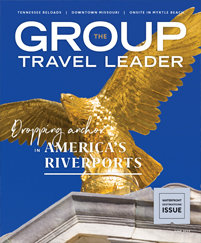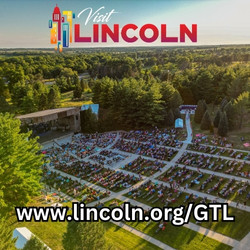“People like us do things like this.”
Of all the observations that marketing guru and thought leader Seth Godin has made over the years, this may be his most astute. All decisions we make, especially buying decisions, are influenced by social factors. We all draw parts of our identities from the people we spend time with and the people we want to be like. We’re prone to buying the same things we see those people buying. Because “people like us do things like this.”
Understanding that your potential customers’ buying decisions are shaped by the social group they come from (or the group they’d like to be part of) can give you a lot of insight into how you plan, sell and run your trips. And as an industry, it can give us some collective insights, too.
When people travel alone, with a spouse or with a handful of close friends, they’re in charge of their itinerary, and they have complete control over their social interactions. They don’t have to talk to anyone besides their travel companions. They can choose to do only the things people like them do, and their travel choices reinforce the social identities they are already invested in.
Group travel, though, is an inherently social activity, and it creates unique vulnerabilities. When someone agrees to go on your tour, they’re giving up a lot of autonomy. Not only have they surrendered control of the itinerary, but they’ve also surrendered control of the cohort. They agree to travel in confined spaces with a large group of people, including many they may not know and some that may not be like them.
That’s why the group travel industry constantly grapples with problems of perception. Many of the customers you would love to reach are hesitant to join your trips. Because even though you see them as your ideal customers, they don’t see themselves as the kind of people who take bus tours. And they’re afraid that if they step on the bus with you, they’ll be stuck with people they don’t like doing things they don’t enjoy.
But this challenge also brings an opportunity. Because every time you assemble a group of people and take them out on the road, you create a new “us.” And you get to decide what it does.
Over the days your travelers spend together on your trips, a new kind of shared identity emerges, and it depends largely on the activities you plan, the amenities you provide and the culture you propagate. If you follow the traditional playbook of group tours, you’ll reinforce the perceptions that skeptics have always had about this style of travel. But if you find inventive ways to showcase destinations, provide delightful experiences and create a sense of community among your travelers, you can change the narrative.
As you plan tours and recruit travelers, you have an opportunity to create a new “people like us” among your customers, and you get to define the “things like this” that they do. Some people may not get it, and that’s OK. Because the ones who do will become your biggest fans. And they’ll be the ones bringing their friends along on the next trip.












